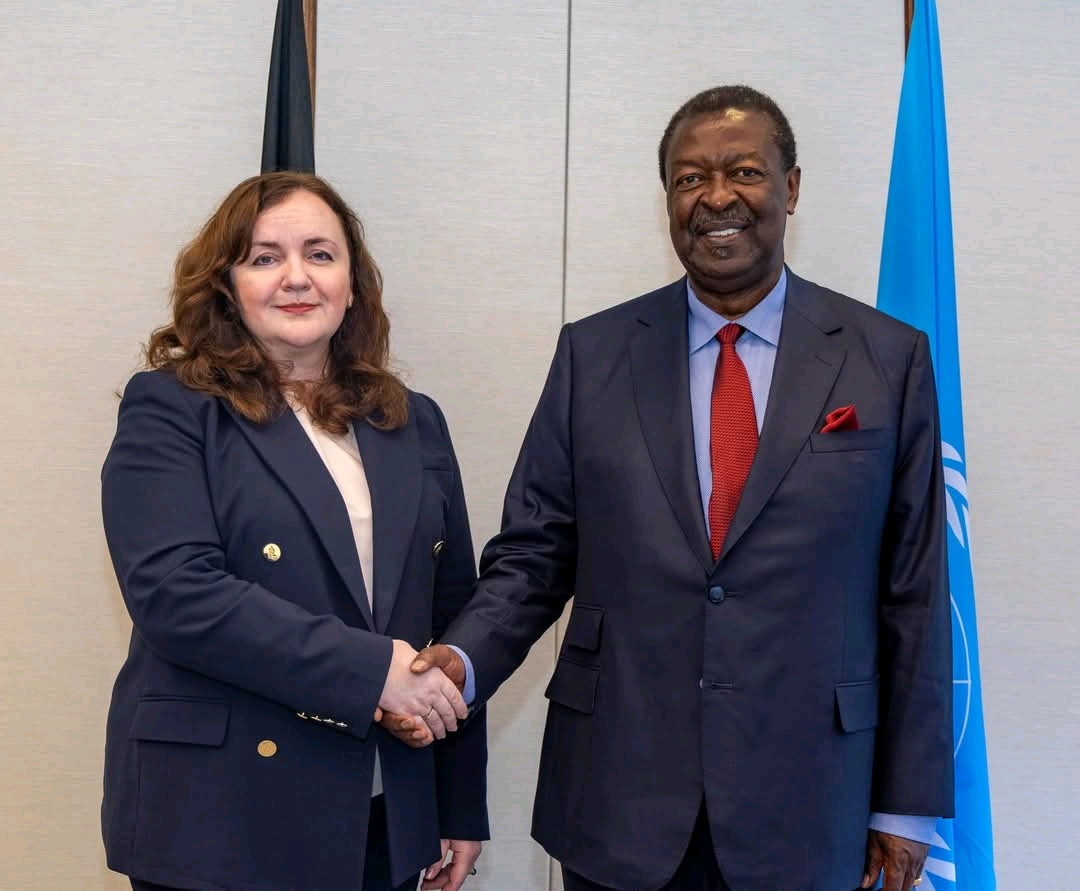Mudavadi Explains How Al-Shabaab & Other Terrorists Use AI to Plan Attacks
Share
Prime Cabinet Secretary and Foreign Affairs CS Musalia Mudavadi has warned that extremist groups such as Al-Shabaab are increasingly exploiting Artificial Intelligence (AI) to advance their activities, including planning attacks.
Speaking after a meeting with Natalia Gherman, the Executive Director of the United Nations Counter-Terrorism Executive Directorate (UNCTED), Mudavadi revealed that AI is no longer a tool limited to innovation and business but is being misused by terror networks to intensify threats.
“We also examined emerging threats, particularly the potential misuse of Artificial Intelligence (AI) by terrorist networks, from propaganda and recruitment, to cyber-enabled crime and drone-based attacks,” said Mudavadi.
“I highlighted the growing use of ICT for radicalization, recruitment, financing, and operational coordination, calling for stronger collaboration to counter these evolving risks.” Musalia added.
Kenya has long faced the threat of Al-Shabaab militants, who have staged deadly attacks targeting civilians, security installations, and infrastructure.
Mudavadi’s remarks underscore the growing sophistication of terror strategies, as extremists tap into digital platforms and emerging technologies to expand their reach.
Radicalization and Recruitment Online
The Prime CS stressed that technology-driven radicalization and recruitment campaigns have amplified the vulnerability of young people online, making digital spaces fertile ground for extremist ideologies.
He added that the integration of AI into drone warfare and cybercrime has further complicated counter-terrorism operations, requiring coordinated global responses.
Global Collaboration Needed
His discussions with UNCTED’s Gherman also centered on enhancing international cooperation in intelligence sharing, cybersecurity, and regulation of emerging technologies to prevent their misuse by extremist groups.
Kenya, a frontline state in the fight against terrorism in East Africa, has been working closely with international partners to strengthen its counter-terrorism measures.
While AI offers opportunities for development, its weaponization by terror groups poses new challenges for governments.
Mudavadi reiterated Kenya’s commitment to working with the United Nations and regional allies to build resilience against these evolving threats, emphasizing that only through collaboration can nations keep pace with the rapidly changing tactics of terrorist networks.

Prime Cabinet Secretary Musalia Mudavadi with Natalia Gherman, the Executive Director of the United Nations Counter-Terrorism Executive Directorate (UNCTED) in Nairobi. PHOTO/ Mudavadi, Facebook.
You Might also Like








